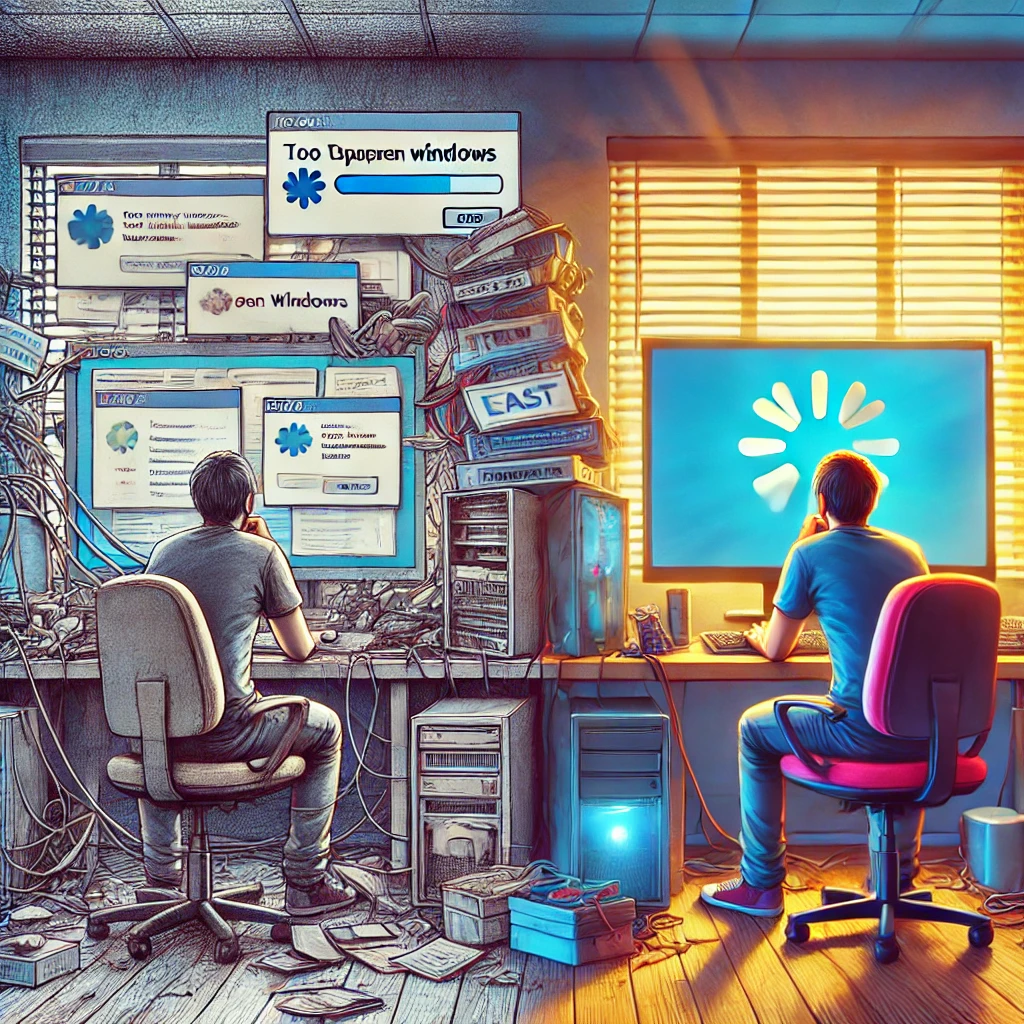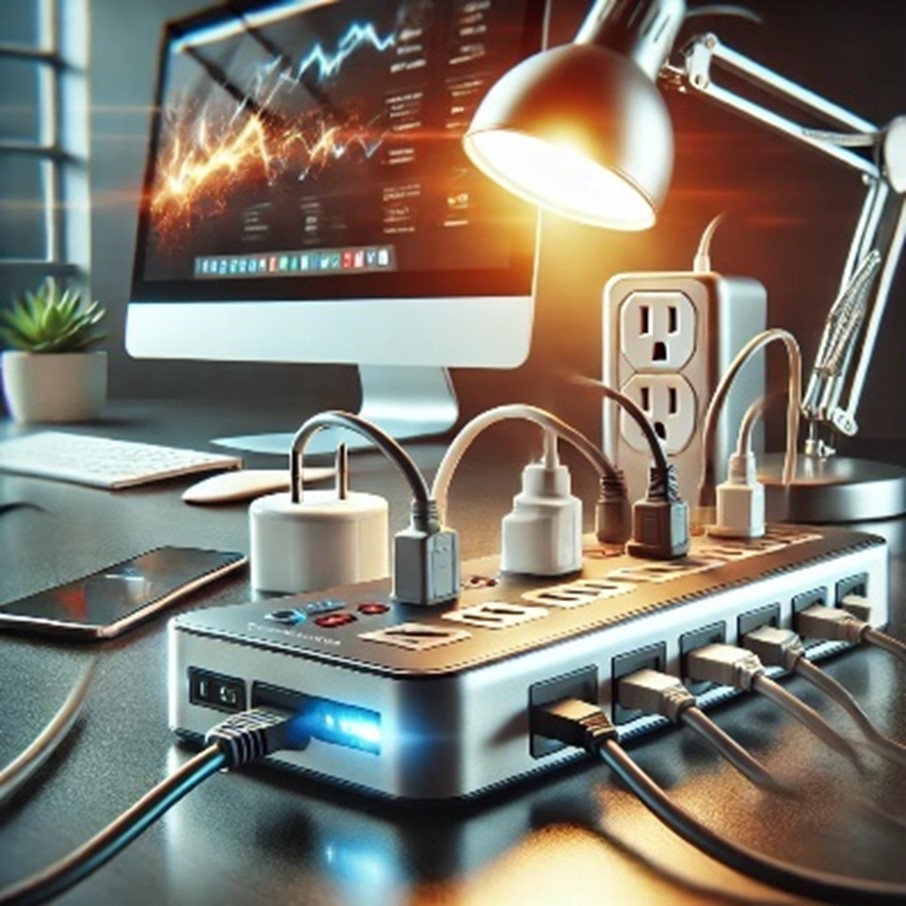A slow computer can be one of the most frustrating issues to deal with, especially when you need it to perform efficiently. Whether you use your computer for work, gaming, or everyday tasks, a sluggish machine can waste time and affect productivity. In this post, we’ll explore some common reasons why your computer might be running slow and offer practical tips to speed it up.
Too Many Startup Programs
Problem: Over time, as you install more software, many programs add themselves to the startup list, automatically launching when you turn on your computer. This can significantly slow down boot times and overall system performance.
Solution: Review and disable unnecessary startup programs. On Windows, you can do this via the Task Manager under the “Startup” tab. For Mac users, go to “System Preferences” > “Users & Groups” > “Login Items.” Removing non-essential programs from startup can drastically improve boot times.
Low Disk Space
Problem: When your hard drive is almost full, your computer doesn’t have enough space to handle temporary files, which can lead to slow performance.
Solution: Free up disk space by deleting unused files, uninstalling unnecessary programs, and using disk cleanup tools. Consider moving large files like photos, videos, and music to an external drive or cloud storage. You can also use built-in tools like Disk Cleanup on Windows or Optimize Storage on Mac.
Fragmented Hard Drive
Problem: Fragmentation occurs when files are stored in pieces across your hard drive. This can cause your computer to take longer to read and write data, leading to slower performance.
Solution: Regularly defragment your hard drive. On Windows, use the “Defragment and Optimize Drives” tool. Mac systems with SSDs don’t require defragmentation, but you can use built-in tools like Disk Utility to check for and repair disk errors.
Outdated or Corrupted Software
Problem: Outdated software, including the operating
system, drivers, and applications, can cause your computer to slow down or
become unstable. Corrupted files can also lead to performance issues.
Solution:
Regularly update your operating system, drivers, and applications. Enable
automatic updates whenever possible. If a program is causing issues, consider
reinstalling it or looking for an alternative.
Malware and Viruses
Problem: Malware, viruses, and other malicious software can consume system resources, steal data, and significantly slow down your computer.
Solution: Install reliable antivirus software and keep it updated. Regularly scan your system for malware and remove any detected threats. Be cautious when downloading files or clicking on links, especially from unknown sources
Insufficient RAM
Problem: If your computer has too little RAM, it may struggle to handle multiple applications at once, leading to slow performance and frequent crashes.
Solution: Consider upgrading your RAM if your system allows it. This can be a relatively inexpensive way to boost your computer’s performance, especially if you frequently use memory-intensive programs
Overheating
Problem: Computers can slow down when they overheat due to dust buildup, malfunctioning fans, or poor ventilation. Overheating can cause the system to throttle performance to prevent damage.
Solution: Ensure your computer has proper ventilation. Clean out dust from the fans and vents using compressed air. If you’re using a laptop, consider using a cooling pad. Keep your computer in a cool, dry environment to prevent overheating
Too Many Background Processes
Problem: Having too many processes running in the background can consume CPU and memory resources, causing your computer to slow down.
Solution: Use Task Manager (Windows) or Activity Monitor (Mac) to check for and close unnecessary processes. Be cautious not to end essential system processes. Consider using lighter alternatives for resource-intensive applications.
Aging Hardware
Problem: As computers age, their components can wear out, leading to slower performance. Newer software may also demand more resources than older hardware can provide.
Solution: If your computer is more than 5-7 years old and struggling with performance, it may be time to consider upgrading key components like the hard drive to an SSD, increasing RAM, or even purchasing a new computer.
Operating System Bloat
Problem: Over time, operating systems can accumulate unnecessary files, services, and features that slow down performance.
Solution: Perform a clean installation of your operating system to remove bloat. Regularly clean up temporary files, caches, and uninstall unused applications. On Windows, consider resetting your PC, and on Mac, you can reinstall macOS.
Conclusion
A slow computer doesn’t have to be a permanent problem. By identifying the cause of the slowdown and applying these practical solutions, you can breathe new life into your machine and restore its speed. Regular maintenance, cautious use, and timely upgrades can keep your computer running smoothly for years to come.



